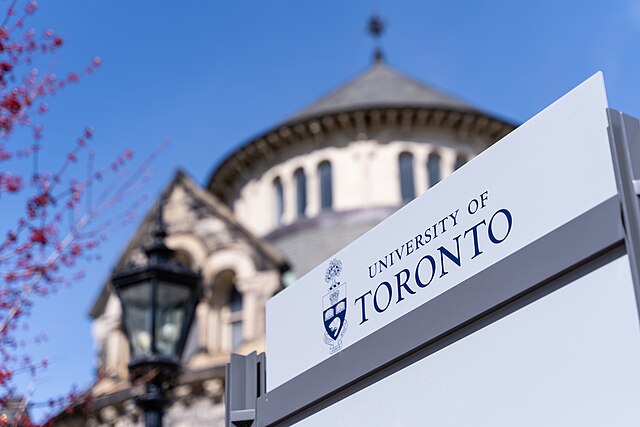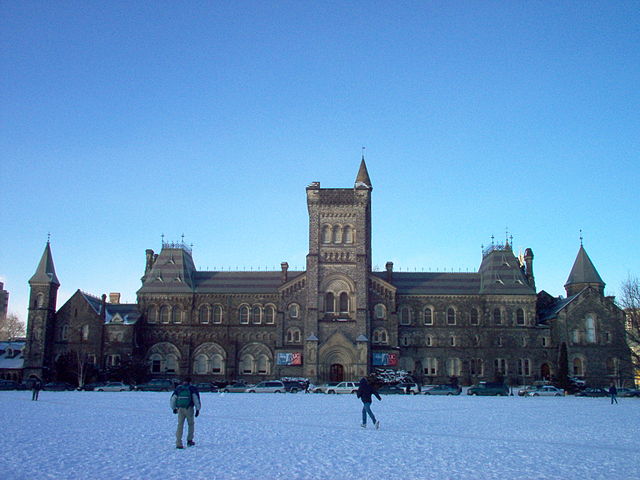
Thammasat University students interested in education, international exchange, cultural diplomacy, soft power, sociology, ASEAN studies, East Asian studies, and related subjects may find it useful to participate in a free 14 January Zoom webinar on Higher education regionalization in East and Southeast Asia.
The event, on Tuesday, 14 January 2025 at 9pm Bangkok time, is presented by The Centre for Global Higher Education, the United Kingdom.
Students are invited to register at this link.
The TU Library collection includes research about different aspects of higher education regionalization.
The Centre for Global Higher Education (CGHE) researches the inequalities within, and consequences of, the globalisation of higher education.
It is an inclusive and internationalist network of researchers, with a particular focus on the issues facing higher education in the majority world.
CGHE is overseen by a leadership team, made up of a director and six deputy directors from CGHE’s university partners: University College London (UCL), University of Johannesburg, University of Oxford, University of Lancaster, University of Birmingham and Hang Seng University.
The event announcement notes:
Higher education regionalization (HER), a trend of closer collaboration between higher education actors within their own world region, is gaining increasing momentum in global higher education. The most salient example is the Bologna Process in Europe, resulting in an array of research focusing on Europe. Yet, while HER initiatives are also happening worldwide in Asia, Latin America and Africa, understanding of these regions is limited.
Moreover, literature on HER tends to focus on how regional and national level policies are implicated in HER, thereby neglecting the link between HER and global dynamics in higher education. Using university memberships in regional university association worldwide as an example, this webinar will unpack how HER is a global trend not just from regional and national policy perspective, but also from an organizational perspective.
Furthermore, it will zoom in on university perspectives in East and Southeast Asia using the decolonial lens to examine how HER in East and Southeast Asia is closely linked to power dynamics in global higher education rooted in transhistorical colonialism. In doing so, the presentation will identify the opportunities and challenges of decolonizing global higher education and invite future research to unpack the underlying rationales of HER in the Global South from a global and critical perspective.
About the Speaker
Dr. You Zhang is a postdoctoral fellow at the Ontario Institute for Studies in Education (OISE) at the University of Toronto, Canada, where she also teaches in the Higher Education program. She completed her PhD in Higher Education with a concentration on comparative and international education from OISE in 2023.
Her research examines the impact of global trends on higher education, with a particular interest in the manifestations of inequality and power dynamics globally. Her current research focuses on higher education internationalization regionalization, and higher education for sustainability.

In 2021, a book, Higher Education and Regional Integration in South-East Asia, addressed the subject. Excerpts:
Abstract
Harmonization of higher education institutions (HEI) has a potential to build up a cohesive South East Asia. The Kuala Lumpur declaration on higher education has provided a suggestive framework to promote collaborative activities in higher education, which can have a far-reaching impact on the geopolitical scenario of the Southeast Asia. Moreover, the growing threat of climate change, need for disaster management, promotion of lifelong learning, and the mandate for SDGs also call for increased collaborations among HEIs.
A well-integrated South-East Asian region with collaborative mechanisms for student exchange, academic collaborations, collaborative research projects, and common educational programmes aimed at people to people contacts has a potential to achieve the common goal of the region. This chapter examines these possibilities, highlights some important cases, and makes recommendations.
Introduction
South East Asia presents a challenging situation for implementation of Sustainable Development Goals due to vast capacity gaps, diverse socioeconomic situations and disparities in economic standards. For example Singapore, Malaysia and Thailand are newly industrialized countries. However, on the other hand Cambodia, Lao PDR and Viet Nam are countries in transition (e.g. from an agricultural economy to an industrialized economy).

GDPs per capita wildly vary, ranging from US$1,100 for Cambodia to US$41,000 for Brunei and US$56,300 for Singapore (UN-ESCAP, 2017).The infrastructure and Gross Enrolment Ratios (GER) in higher education has sharp variations which call for, a proactive and innovative role of Higher Education.
Moreover, there is an increasing realisation that higher education can be a means of promoting competitiveness and economic growth (Asian Development Bank, 2012). A harmonized system of Higher Education within a region can help to realize unmet potential for intra-region trade and thereby generate employment; create a peaceful and congenial atmosphere for development and reduce hard diplomatic interests of big powers.
Higher Education Institutions have to identify common challenges through effective networking and share available resources to raise quality and efficiency in higher education. It is in this backdrop that Regional Cooperation and Cross Border Collaborations is a coming up as a strategically framework for higher education institutions.
The Southeast Asia region has a sensitive geopolitical environment which has been drawing the attention of the world with several major powers of the world trying to exercise soft and hard diplomatic interventions in the region. Moreover, region has also peculiar sensitivities for climate change with most of the countries having large coastline.
Keeping in view of the strategic interests of the region it is utmost important that individual countries of the region should explore the possible areas of collaborations, share experiences and develop more of soft diplomatic relations among themselves. Different countries can also showcase their culture, language or lifestyles which will definitely help them to develop a collective ASEAN identity. ASEAN can be a vital platform to encourage such initiatives as ASEAN as a regional entity will be in the strategic interest of all these countries.
The British Council Report titled “The shape of global higher education: Understanding the ASEAN region” has highlighted the vital role which Higher Education can play in international relations, diplomacy and in supporting an integrated and aligned South East Asian countries (British Council, 2018). During this decade there has been a consensus within South East Asian Countries to take collective initiatives to be modeled on the alignments in European higher education developed via the Bologna Process. […]
(All images courtesy of Wikimedia Commons)

